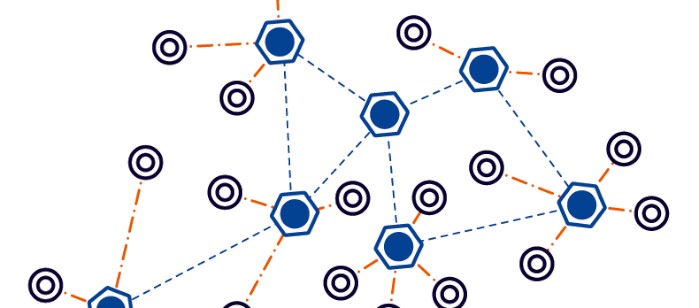
Addressing failures in wireless sensor networks
Krasimira Kapitanova
University of Virginia
1:00pm Wednesday 28 March, 2012, ITE 325b, UMBC
Wireless sensor networks are now being used for a growing number of applications, from mission critical applications, including fire-fighting, emergency response, infrastructure monitoring, and medical application, to smart home applications, such as home automation, energy efficiency, and home security. These applications must operate reliably and continuously due to the high costs associated with system failure and maintenance. However, continuous and reliable operation of sensor networks is notoriously difficult to guarantee due to hardware degradation and environmental changes, which can cause operating conditions that were impossible for the original system designers to foresee. Recent studies have found that low-cost sensors suffer from many types of faults. Inexpensive nodes can break and battery-powered nodes lose power. Furthermore, sensor network installations suffer from a large number of non-fail-stop faults in which the sensor does not completely fail. Instead, it continues to report values, but the meaning of the values changes or becomes invalid. This talk will discuss a number of new run-time techniques that use application-level semantics to detect, assess, and adapt to sensor node failures.
Krasimira Kapitanova is a PhD candidate of Computer Science at the University of Virginia. Her research focuses on wireless sensor network, in particular using formal approaches for event description and detection. She is also interested in how testing and machine learning techniques can be used to improve the reliability of sensor network applications.
Host: Tim Finin